
by Brian Hobbs | May 1, 2014
On April 29, convicted murderer Clayton Lockett was executed by lethal injection at an Oklahoma State Penitentiary. The already-controversial execution was made even more so by the fact that the drugs did not work as expected, as “Lockett was given execution drugs and reacted violently, kicking and grimacing while lifting his head off the gurney to which he was strapped.”
The shocking manner of his death then delayed the execution of Charles Warner, who was also to have been executed that same night. All of this has reignited a longstanding debate about what place, if any, does capital punishment have in our society?
Christians today are divided on the issue. The conservative Lutheran Missouri Synod Church asserts that “capital punishment is in accord with the Holy Scriptures and the Lutheran Confessions.”
The United Methodist Church and Episcopal Church, on the other hand, each have taken public opposition to the death penalty. Perhaps the most active religious opponent to capital punishment in America has been the U.S. Conference of Catholic Bishops.
But what about us? What about Southern Baptists?
As recently as 2000, Messengers to the Southern Baptist Convention affirmed the role of capital punishment for those convicted of capital crimes, such as serial murder and treason.
Russell Moore, president of the Ethics & Religious Liberty Commission (ERLC), in a recent Questions & Ethics Podcast said, “I do believe that the death penalty is sometimes warranted. I don’t think that capital punishment is something that we ought to be celebrating with bloodlust.”
Moore’s caution against “bloodlust” underscores that many Evangelicals today who would defend the role of capital punishment are more cautious or guarded about the practice, all while acknowledging that God has vested in civil authorities the protecting of the innocent and administering justice, part of which is the use of capital punishment (see Gen. 9, Exo. 19, Rom. 13).
In other words, we believe the practice is just, if fairly administered, but we are not necessarily enthusiastic or celebratory about it. In fact, Southern Baptists have made it clear that civil magistrates should “use humane means in administering capital punishment” and have committed to pray for both the victims and perpetrators of crimes.
In the debate on capital punishment, both sides frequently talk past one another. Opponents of the practice have claimed that it is akin to “government murder” (which made one observer wonder, if that were true, does jail time equate to “government kidnapping”?). They also have levied the charge of hypocrisy against those who defend unborn life but would allow for a criminal to be executed (The ERLC discusses that here: http://bit.ly/1klSkk3). Defenders of capital punishment, meanwhile, have often dismissed opponents of the practice as weak or soft-on-crime. Such mis-characterizations on both sides set back the conversation and do no good.
Public opinion polls in America continue to show a strong support for the practice of capital punishment, when it is administered fairly and humanely. In spite of this, the debate over capital punishment—combined with events such as the Lockett execution—continues to be a hot topic.
Therefore, what is most needed today from Christians is not heated debate or shouting matches, nor a callused attitude toward those convicted of crimes. Instead it is a commitment to standing on God’s Word and to pray for everyone involved. Pray for wisdom for our government leaders and law enforcement officials. Pray for victims of crimes and their families, and yes, pray for the convicted criminal, too.
After all, each of us needs Jesus, the only source of everlasting life Who alone can forgive our sins and make us live in eternal paradise with Him (Luke 23:43).
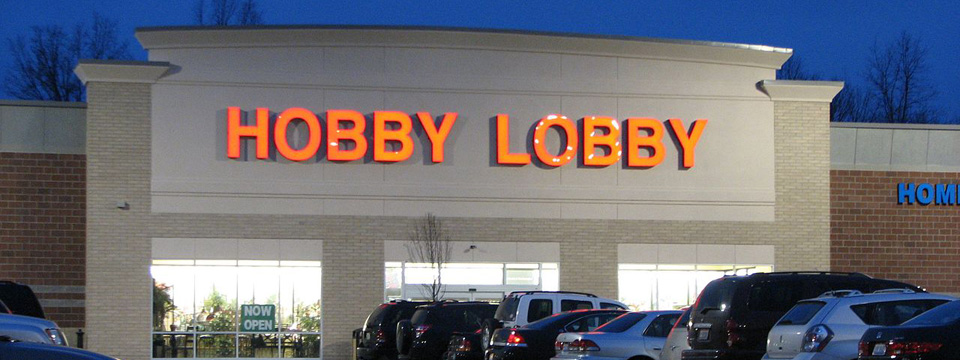
by Brian Hobbs | Mar 25, 2014
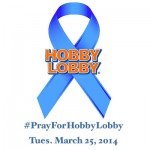 On March 25, millions of Christians around the world are joining in prayer for Hobby Lobby Stores and its founders, the Green Family. Some may find it strange that God’s people are rallying around a for-profit company, but I for one am joining with others in prayer. Many Christians feel an affinity for the Green family, who have generously supported missions and ministry around the world for years
On March 25, millions of Christians around the world are joining in prayer for Hobby Lobby Stores and its founders, the Green Family. Some may find it strange that God’s people are rallying around a for-profit company, but I for one am joining with others in prayer. Many Christians feel an affinity for the Green family, who have generously supported missions and ministry around the world for years
Though most of us who pray are also shoppers at Hobby Lobby, the prayers are really directed toward the preservation of religious liberty in America, our most cherished freedom, as the U.S. Supreme Court hears arguments related to the lawsuit filed by the company in September of 2012.
To be specific, the Oklahoma-based retail company Hobby Lobby is challenging the federal Health and Humans Services (HHS) mandate, which–among other requirements–forces employers to provide employees with free contraception pills.
Throughout the public debate, Hobby Lobby and other faith-based businesses and groups challenging this unjust law, have been a target for so-called reproductive rights groups. Despite what critics may say, Hobby Lobby has a strong case. First, the business owners of Hobby Lobby, a private company, have constitutionally-protected rights to freedom of religion and speech, and the HHS mandate is a direct affront to this. Secondly, how can the HHS mandate proponents expect companies owned by Christians to subsidize drugs like the “Morning-After Pill” that can end pre-born human life?
When originally asked, CEO David Green cited opposition on moral and biblical grounds. He said, “By being required to make a choice between sacrificing our faith or paying millions of dollars in fines, we essentially must choose which poison pill to swallow. We simply cannot abandon our religious beliefs to comply with this mandate.”
Hobby Lobby is one of the few non-Catholic-owned business to file suit. Evangelicals and Catholics, who once again find themselves allied in defense of life and religious liberty, are taking an important stand against the HHS mandate.
This is not the first time the two groups have joined forces in the culture war. On the pro-life front, Catholics and Baptists (Evangelicals) have been largely responsible for the progress made in shifting public opinion toward life, as well as positive public policy making. Each year in Oklahoma, Rose Day offers a chance for people of various faiths to come together to make a statement in support of life.
While there are no shortage of theological differences, both Catholics and Evangelicals, at the very least, believe that Jesus Christ came to give us “life and life more abundantly” (John 10:10). In 1994, Catholic and Evangelical leaders, not without any controversy or criticism, came together to create the ecumenical Evangelicals and Catholics Together statement. Prominent signators of the document, which sought to outline common beliefs about Jesus Christ and social concerns such as abortion, included J.I. Packer and the late Chuck Colson.
Now 20 years later, Evangelicals and Catholics find themselves united again by a common enemy—namely an onerous government regulation and the secular, radical ideas attached to it. While there have been many unjust laws in the history of our country, this one is unique. Whereas many immoral laws enable part of society to do harm (e.g. such as legalized marijuana), this law actually requires the good parts of society (e.g. Christian organizations, companies, universities) to do harm.
This cannot stand. While the gulf between Evangelicals and Catholics may be too wide to bridge, this monumental challenge provides an opportunity for us to stand together in defense of life and the Author of life.
Today, we pray together for a shared goal of religious liberty, and we trust in God to preserve this freedom, as we seek first His Kingdom.
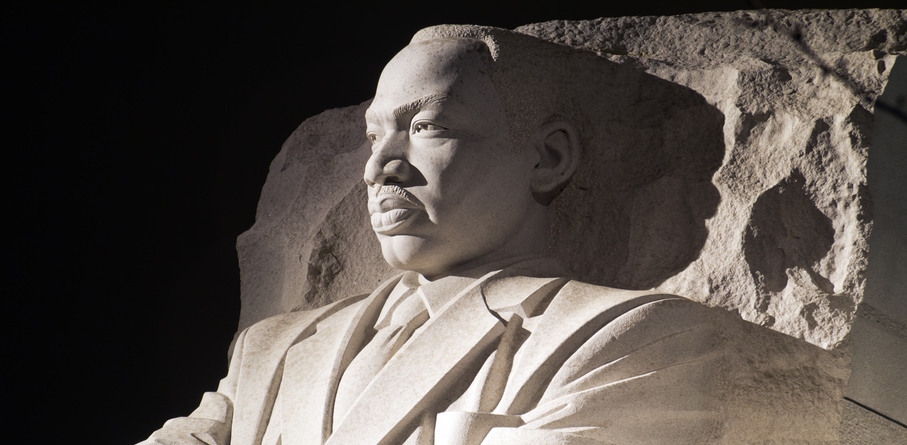
by Brian Hobbs | Jan 20, 2014
Today, the world honors and remembers one of the most famous pastors of all time, Dr. Martin Luther King, Jr. His efforts to create racial reconciliation in America and his “I Have a Dream” speech are known throughout the world and will surely be noted by countless generations to come.
Dr. King’s speeches and orations alone contributed greatly to American history. His commitment to nonviolence at a time when others were calling for armed revolt were exemplary. His pleas for justice move us even today.
While some issues have been made about his personal problems and reports of marital infidelity, all can mourn that his life was cut tragically short by the unjust hands of an assassin, leaving a permanent scar on this nation.
It is no accident that his birth name, Michael King, was changed to “Martin Luther,” the great Reformer, who like Dr. King, felt a call from God to right a wrong and stand on principle. The world was never the same after Dr. King came on the scene and showed just how powerful a man, armed only with convictions and moving words, can awaken a nation’s conscience and create unity among disunity, and replace injustice with justice.
This letter from a Birmingham jail further explains Dr. King’s cause.
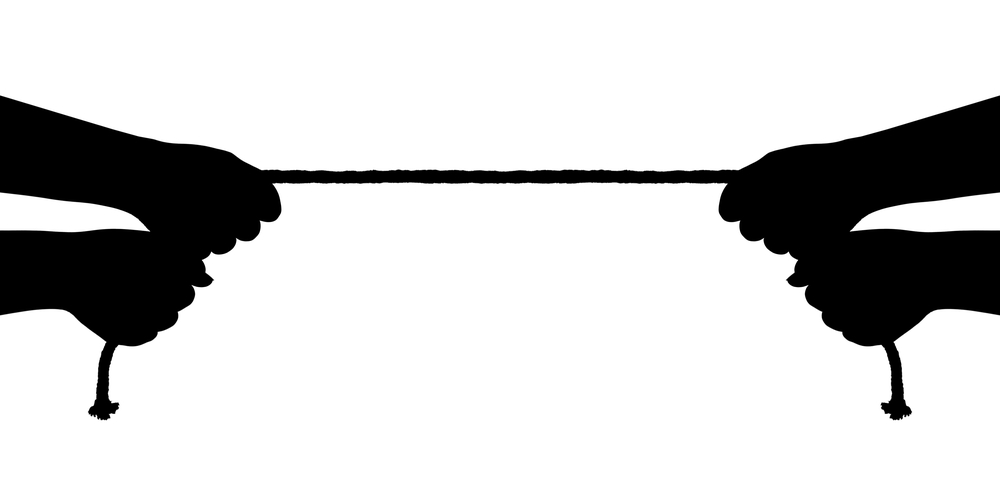
by Annie Corser | Jan 15, 2014
As of Jan. 14, there was a ruling by a federal judge that an Oklahoma law was unconstitutional. Most of you know exactly what I am talking about. Most of the headlines about the event say something like, “Federal judge strikes down Oklahoma ban on same-sex marriage.”
Today, as I scan my Twitter and Facebook, I see many posts saying, “finally!” or a comment bashing “conservatives” or something about “Oklahoma pride” and “fairness and dignity.”
The issue reminds me of a game of tug-of-war. You have two sides, both pulling on the same rope. The winner is determined by who can get the majority of the rope on their side. The winning side wins as a result of one or more of a few things: 1) they have more people on their side of the rope 2) they have bigger, stronger people pulling for their team 3) they wear the other side down enough for them to give in.
I see this taking place in the debate of homosexuality, but the biggest barrier I see is the difference on how individuals perceive the homosexual issue based on their beliefs. Let me explain.
On the one hand, there are people, I’ll call them Bible-believers, who believe the Bible is God-inspired and true. They weigh and test everything based on what the Bible teaches. Generally speaking, this group of people firmly believe that practicing homosexuality is sinful and wrong. They believe that this sin should not be encouraged, so as to teach what they believe the Bible says and keep others from stumbling into the sin. They do not believe that they are better than their neighbor, but, similarly, they do not believe they can take a stance of toleration. True Bible-believers desire to live a life like Christ, and His example exposed the darkness in others (with love) so that they would see their need for a Savior.
On the other hand, there are those who I’ll call nonBible-believers. This side also includes many influential people who are persuaded because they want to be on the “winning” side. There are some who might know what the Bible says, and they might follow some of the Bible’s teachings, but they don’t believe it is entirely God-inspired or true. And therein lies the conflict, the separation.
The government sees homosexuality as an equality issue and wants to bring justice to what it sees as unjust in the ban on homosexual marriages and lifestyles.
The church, a body of Bible-believers, sees homosexuality as a sin issue. Therefore, no legislation, no equality speech will sway them to see homosexuality as right in the sight of God.
Sin is sin. It separates us from God, but it also causes friction between people. This is seen in Gal. 5:17 —
“For the flesh desires what is against the Spirit, and the Spirit desires what is against the flesh; these are opposed to each other, so that you don’t do what you want.” (HCSB)
The ‘tugging’ is not going away. The conflict is growing because we don’t know how to address the war. I challenge you to be the beginning of the solution.
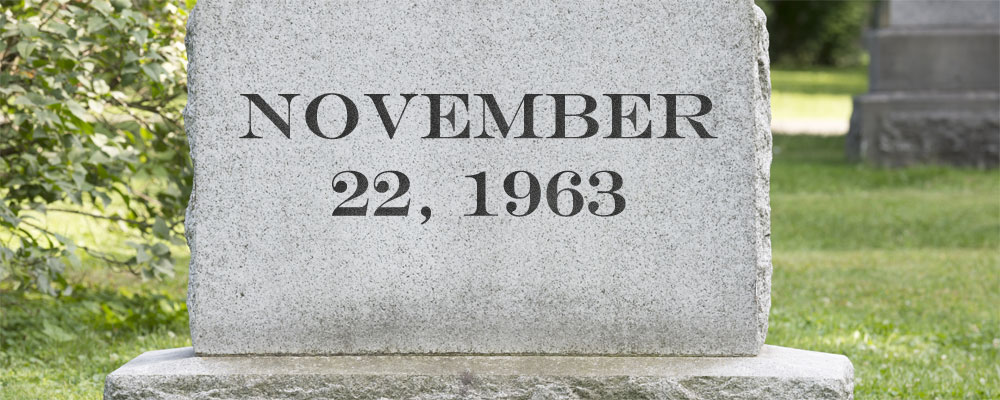
by Brian Hobbs | Nov 14, 2013
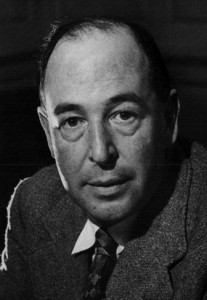
C. S. Lewis
Having not been born yet, I can only imagine the trauma that people must have felt at the assassination of John F. Kennedy on November 22, 1963. Yet did you know that on that fateful day, another truly great man died? I refer to my favorite writer, C.S. Lewis.
While many are offering fitting tributes to the late President Kennedy on this 50th anniversary date, I wish to write one on Lewis. The atheist-turned-Christian has composed a collection of writings almost unparalleled in modern times.
Scholar, Christian apologist, public intellectual and author, Lewis was able to compose meaty works in the following genres: Poetry, children’s fiction, history, theology, science fiction and allegory. He mastered each of these genres and provided a body of works that has changed the lives of millions worldwide.
He is perhaps best known for his Chronicles of Narnia children’s books (I have reviewed some of those here). Yet his most important theological work is Mere Christianity, in my estimation. It is the most important because it teaches the landmark idea of the “trilemma.”
The “trilemma” forces people to reckon with the ministry, teachings and life of Christ in a real and honest way. Christ cannot be called a mere “good man” or “good teacher.” Lewis says this, “Christ either deceived mankind by conscious fraud, or He was Himself deluded and self-deceived, or He was Divine. There is no getting out of this trilemma. It is inexorable.”
Many honest agnostics have had their hearts softened by God through this Truth, and many, like Lewis, have come to Christ once having honestly come to grips with who He really is.
For those wanting to know more about this spiritual giant, who sought to unify Christians on the essentials so we would not depart on secondary matters, I suggest you watch the movie “Shadowlands,” which has Anthony Hopkins playing Lewis. I also recommend this new biography by Alister McGrath.
If you truly wish to get to know and enjoy Lewis, however, simply pick up any of his books and begin to read. I assure you, the day you meet up with Lewis through his writings will be a red-letter date in your life.
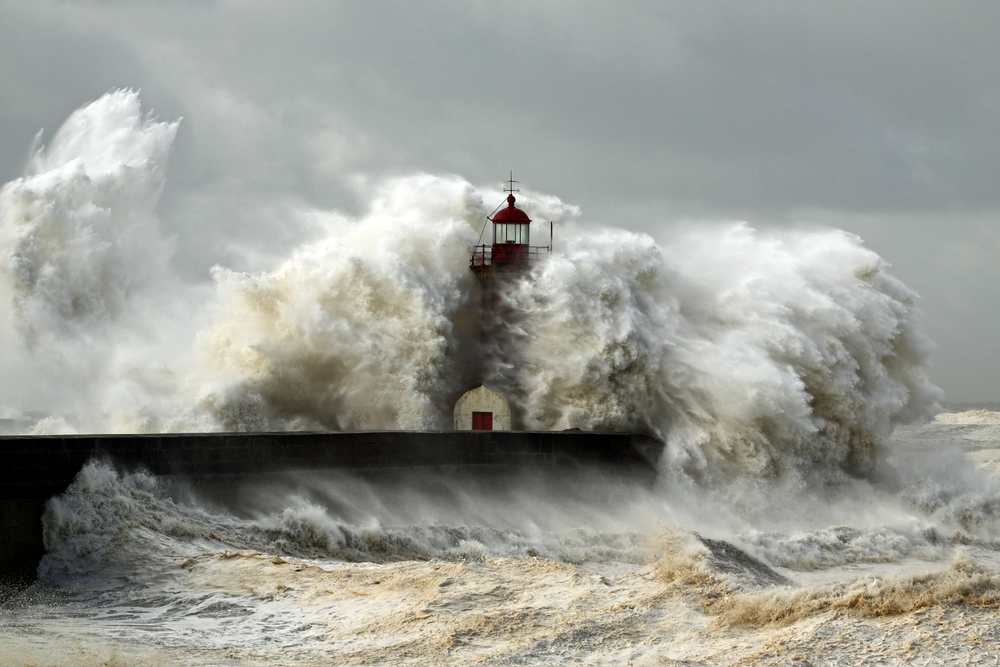
by Annie Corser | Nov 12, 2013
For those who have watched the news within the past week, it is likely that you heard about the typhoon heading to the Philippines. The death toll numbers are increasing ; the devastation is shocking, and it seems as if hope has been shaken.
Haiyan, as the typhoon was named, became the 13th typhoon of the western Pacific season on Nov.5. Experts even predicted that the typhoon would strengthen before making landfall. And it did.
CNN reported that Haiyan was “3.5 times more forceful than Hurricane Katrina.” You’ve seen images of the physical destruction and heard reports that aid is needed.
I am currently reading through Revelation, and somehow, I am drawn to a connection between the storm and Revelation. I’m not talking about the end times, but about the warnings given.
Haiyan was declared a severe storm two days before it hit the Philippines. Those who were not able to leave or evacuate could not escape the affects of the storm.
Likewise, there are clear warnings given in Revelation. There will be a Great Judgment Day for nonbelievers. All who have not escaped death through the blood of Jesus will not be able to avoid judgment and condemnation. There will be no more chances for hope.
As your heart breaks for the images that fill your TV screen and remind you to be grateful for what you have now, remember what is foretold to come. May the images of the current destruction move you to action for the eternal deaths that are to come. May you be an ambassador for Christ so that you provide each person you meet an opportunity to accept the blood of the One, True Lamb.
The Great White Throne Judgment:
11 Then I saw a great white throne and One seated on it. Earth and heaven fled from His presence, and no place was found for them. 12 I also saw the dead, the great and the small, standing before the throne, and books were opened. Another book was opened, which is the book of life, and the dead were judged according to their works by what was written in the books.
13 Then the sea gave up its dead, and Death and Hades gave up their dead; all were judged according to their works. 14 Death and Hades were thrown into the lake of fire. This is the second death, the lake of fire. 15 And anyone not found written in the book of life was thrown into the lake of fire.







